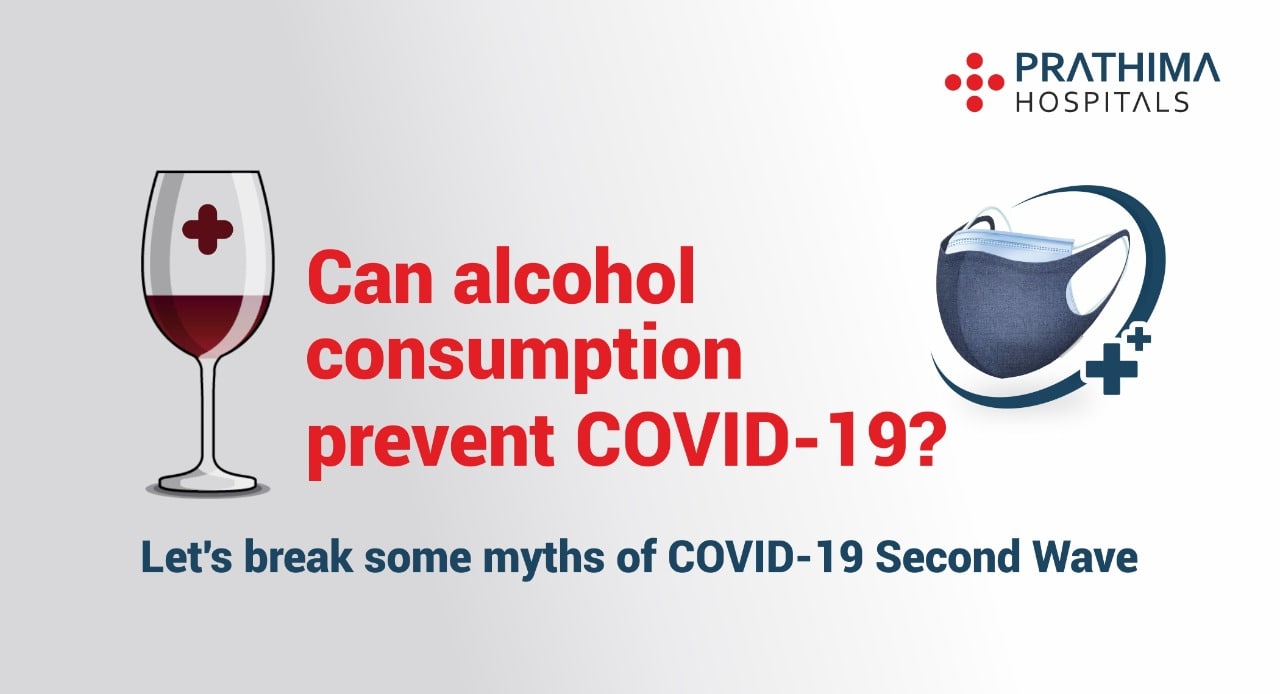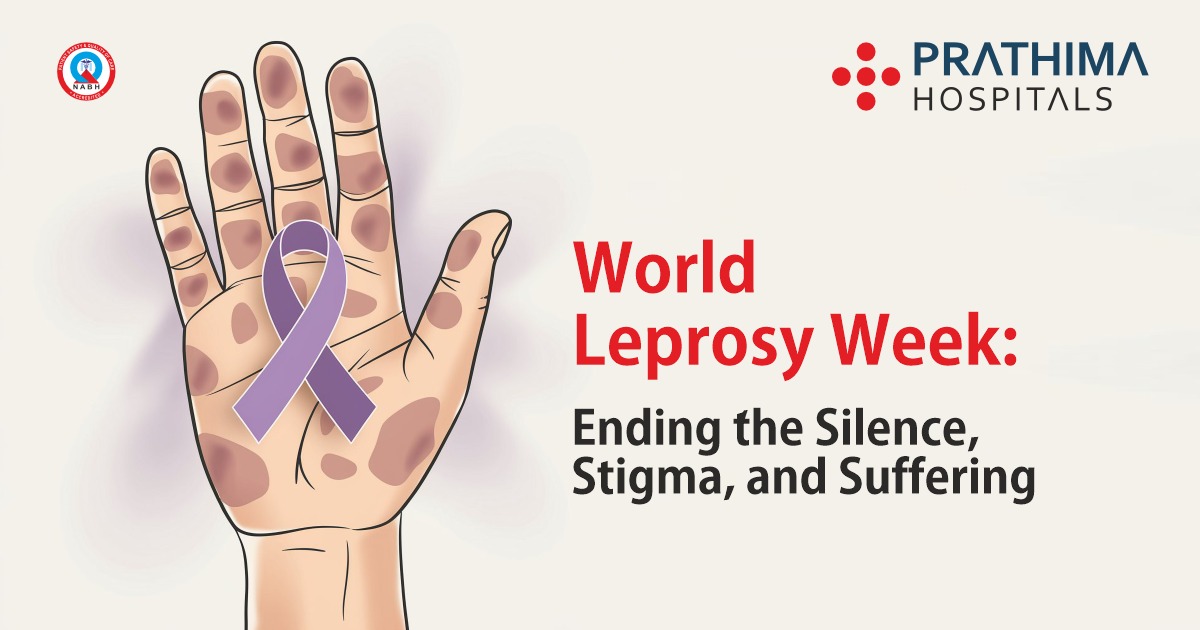Myths & Facts of Coronavirus Second Wave

New myths are created regarding the Coronavirus Second Wave in media and other platforms. But there’s no such evidence to prove those are true. In this article, we are going to disclose those myths of the COVID-19 second wave.
Coronavirus virus second wave is being more dangerous than the first wave. The virus is being spread rapidly among the people and making them ill severely. The corona second wave is spreading very rapidly as scientists first warned. There are many reasons for this. As the most important of them are:
- Lack of awareness of COVID-19 precautions
- Not wearing the mask properly
- Not maintaining social distance
Apart from these, many myths popped up regarding the Coronavirus second wave. Let’s discuss some of them in detail:
Alcohol consumption can prevent COVID-19
False. There’s no such evidence that alcohol consumption can prevent coronavirus. Instead, consumption of alcohol can cause several health problems including liver-related diseases.
COVID-19 Virus can be spread through shoes/footwear
There’s no proof in which we can support the above statement. Moreover, the spread of COVID-19 through shoes is very low. But it is recommended to remove the shoes at the entrance at home if you have infants. This helps to not spread germs/bacteria to the floors at home.
An increase in temperature can eliminate the COVID-19 Virus
False. Change in temperature does not show any effect on COVID-19. Coronavirus even affected the countries with extreme temperatures. The virus had spread to even the countries with low temperatures.
Using Turmeric can eliminate coronavirus
False. Turmeric can prevent some health problems due to its antibiotic nature. Excessively using turmeric doesn’t help in treating/preventing the COVID-19.
Apart from these myths, there’s also one more myth being more popular; i.e., the Breathing test in which if you can hold your breath for some instant, you are capable of preventing the COVID-19 virus. But, it’s false; those just being popular on social media.
All the above statements are myths. So, please don’t believe in them and follow. Follow all the safety precautions, that’s the only way to prevent COVID-19.
Don’t believe in myths, follow the facts and precaution methods to prevent COVID-19.
Get your vaccine if you are eligible. Stay Home, Stay Safe.






Warning: Undefined variable $req in /home/u885608126/domains/prathimahospitals.com/public_html/wp-content/themes/prathimahospitals/functions.php on line 294
Warning: Undefined variable $commenter in /home/u885608126/domains/prathimahospitals.com/public_html/wp-content/themes/prathimahospitals/functions.php on line 295
Warning: Trying to access array offset on value of type null in /home/u885608126/domains/prathimahospitals.com/public_html/wp-content/themes/prathimahospitals/functions.php on line 295
Warning: Undefined variable $aria_req in /home/u885608126/domains/prathimahospitals.com/public_html/wp-content/themes/prathimahospitals/functions.php on line 295
Warning: Undefined variable $req in /home/u885608126/domains/prathimahospitals.com/public_html/wp-content/themes/prathimahospitals/functions.php on line 298
Warning: Undefined variable $commenter in /home/u885608126/domains/prathimahospitals.com/public_html/wp-content/themes/prathimahospitals/functions.php on line 299
Warning: Trying to access array offset on value of type null in /home/u885608126/domains/prathimahospitals.com/public_html/wp-content/themes/prathimahospitals/functions.php on line 299
Warning: Undefined variable $aria_req in /home/u885608126/domains/prathimahospitals.com/public_html/wp-content/themes/prathimahospitals/functions.php on line 300
Warning: Undefined variable $commenter in /home/u885608126/domains/prathimahospitals.com/public_html/wp-content/themes/prathimahospitals/functions.php on line 303
Warning: Trying to access array offset on value of type null in /home/u885608126/domains/prathimahospitals.com/public_html/wp-content/themes/prathimahospitals/functions.php on line 303